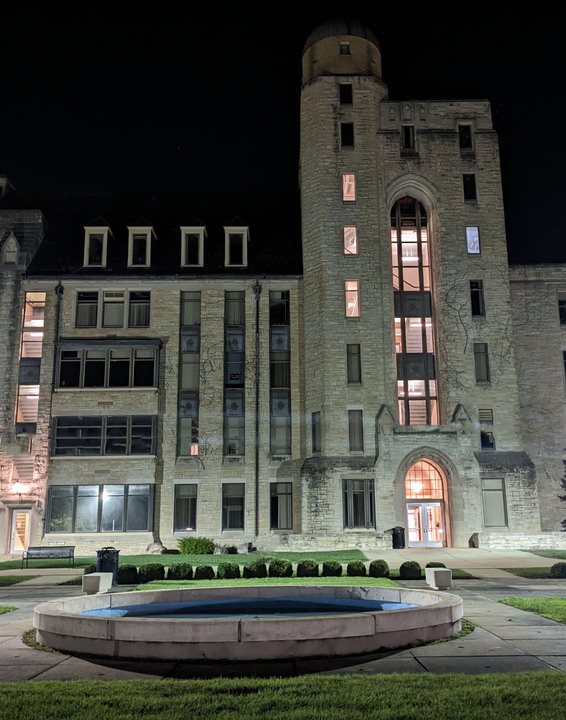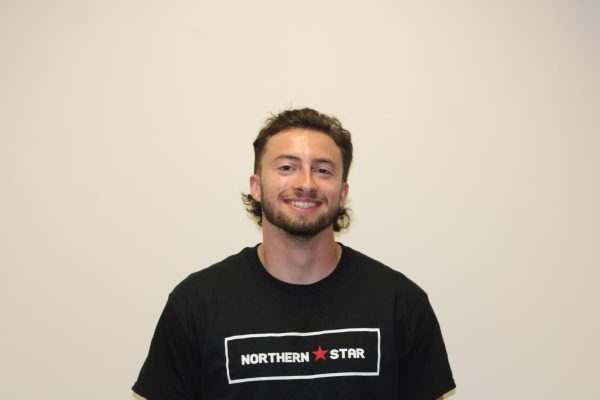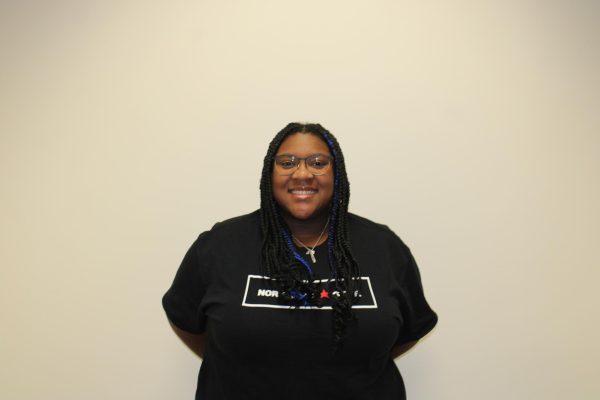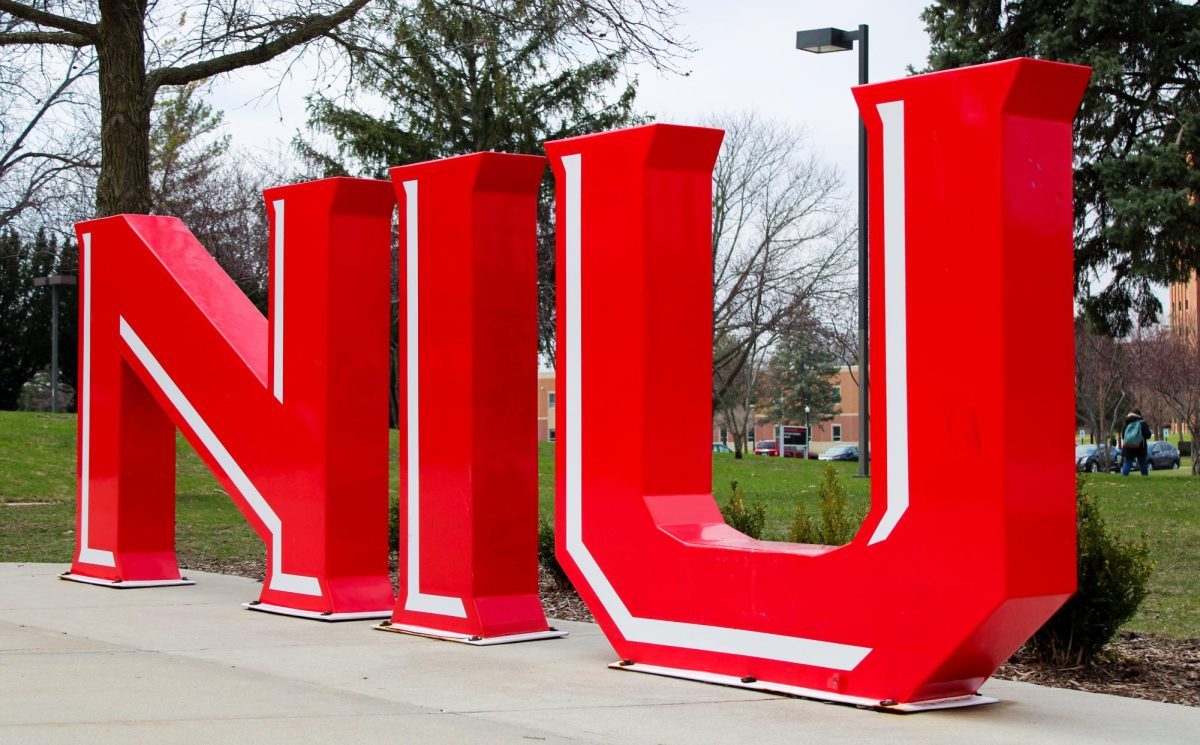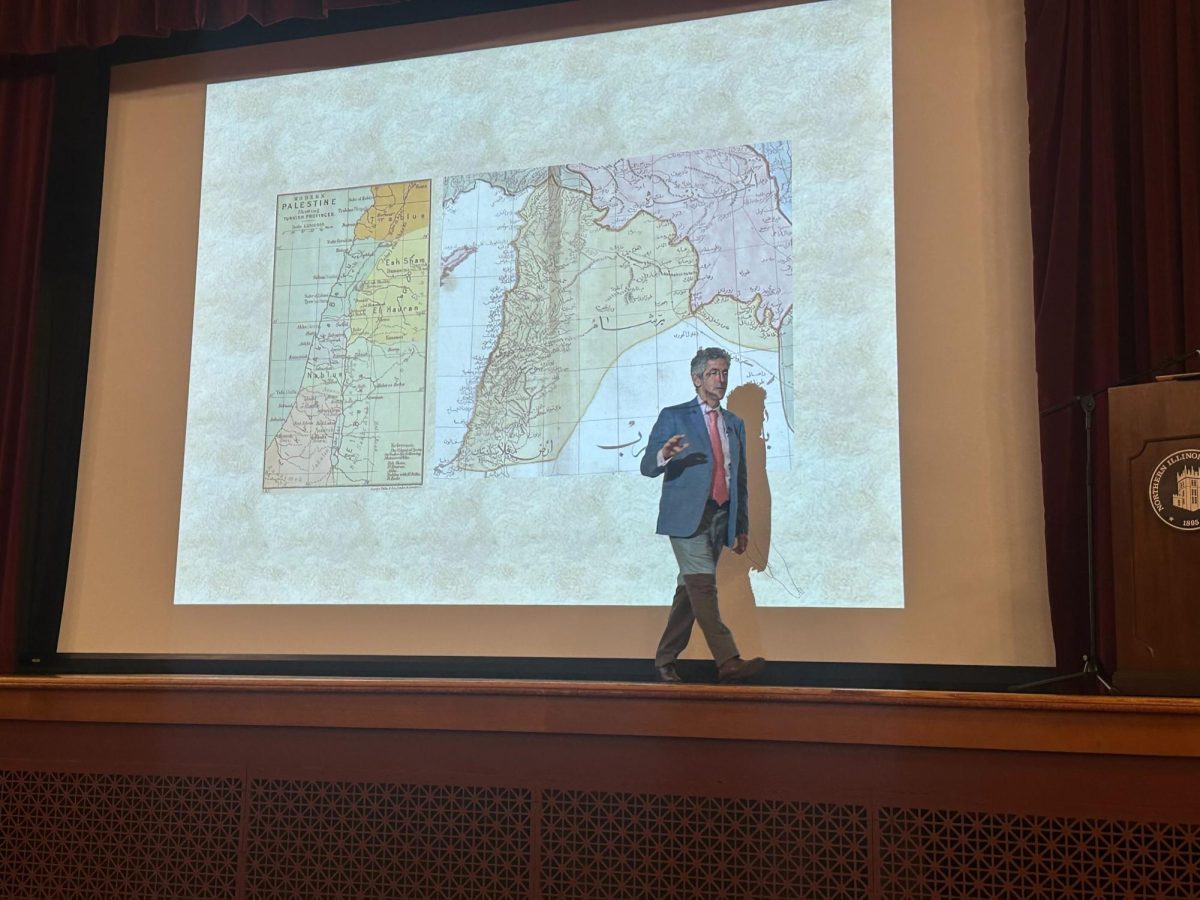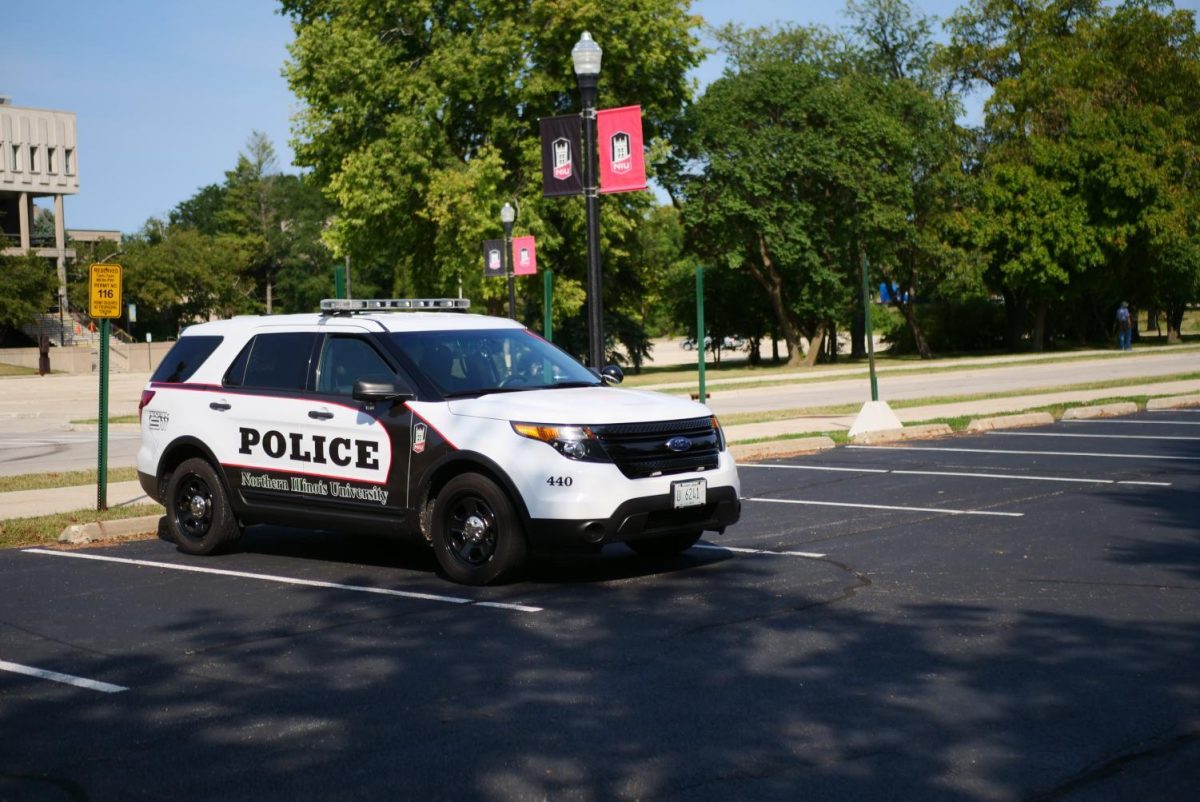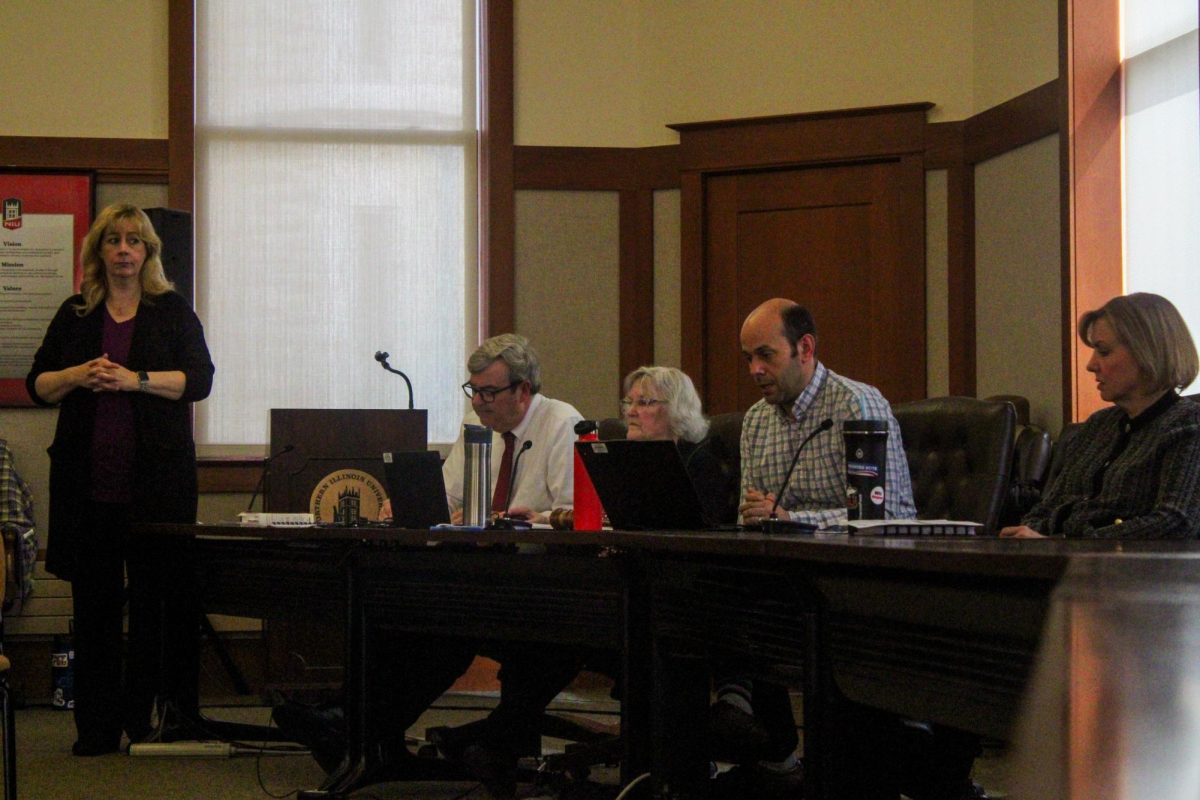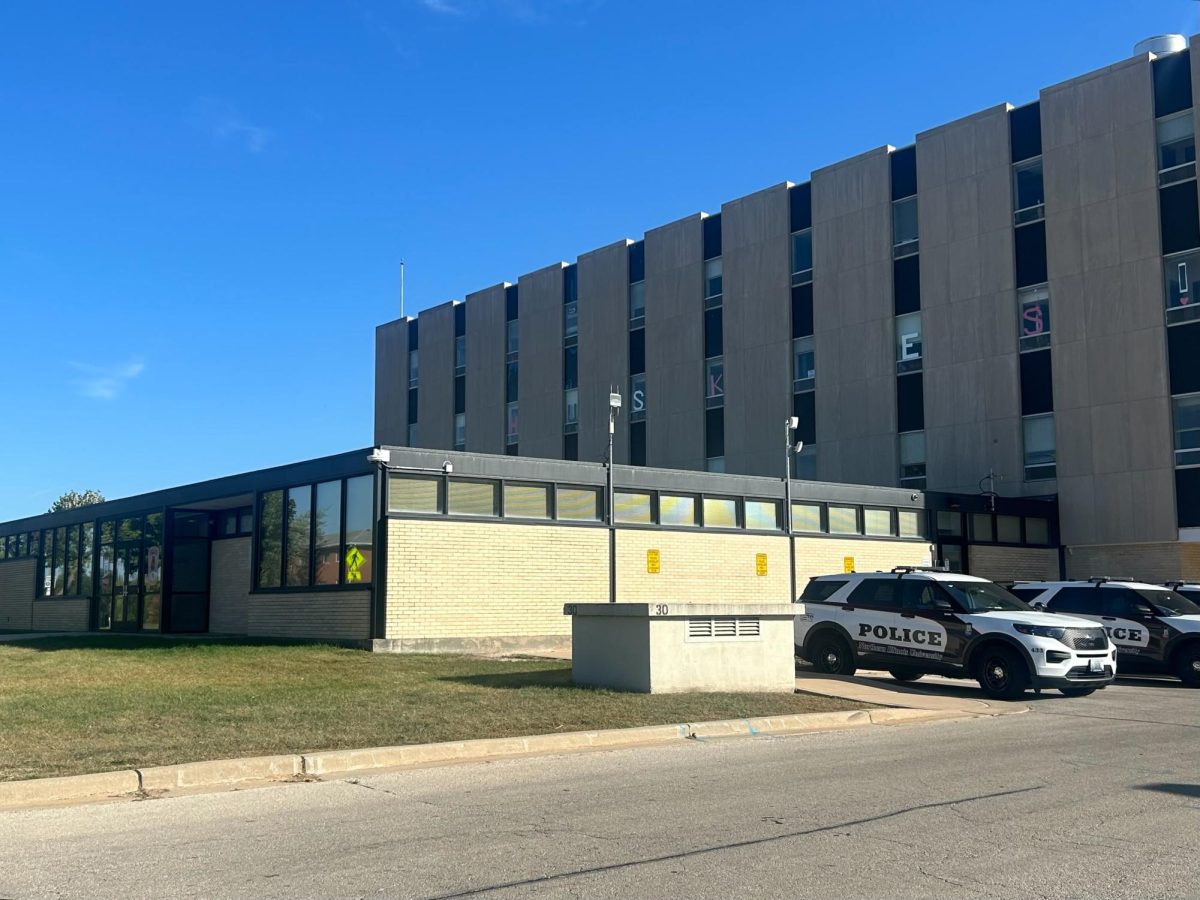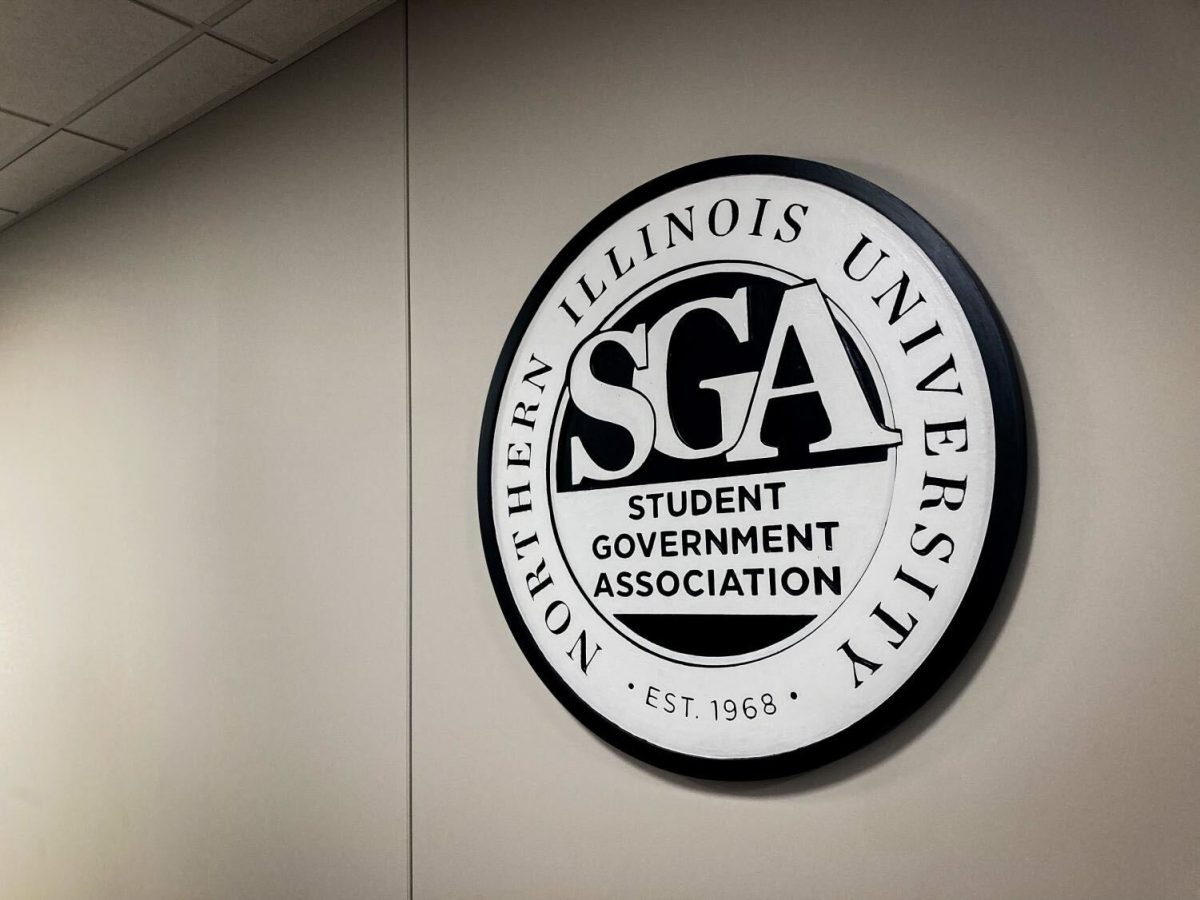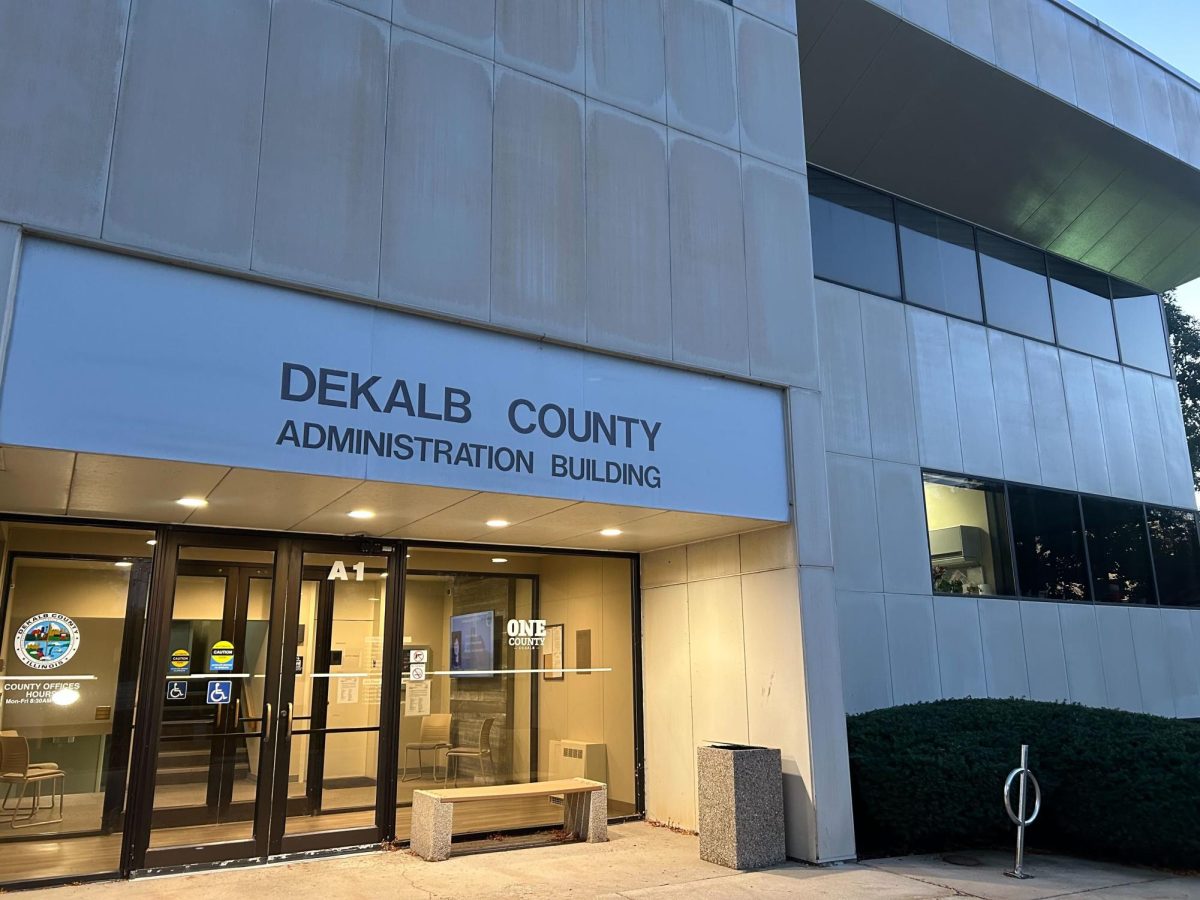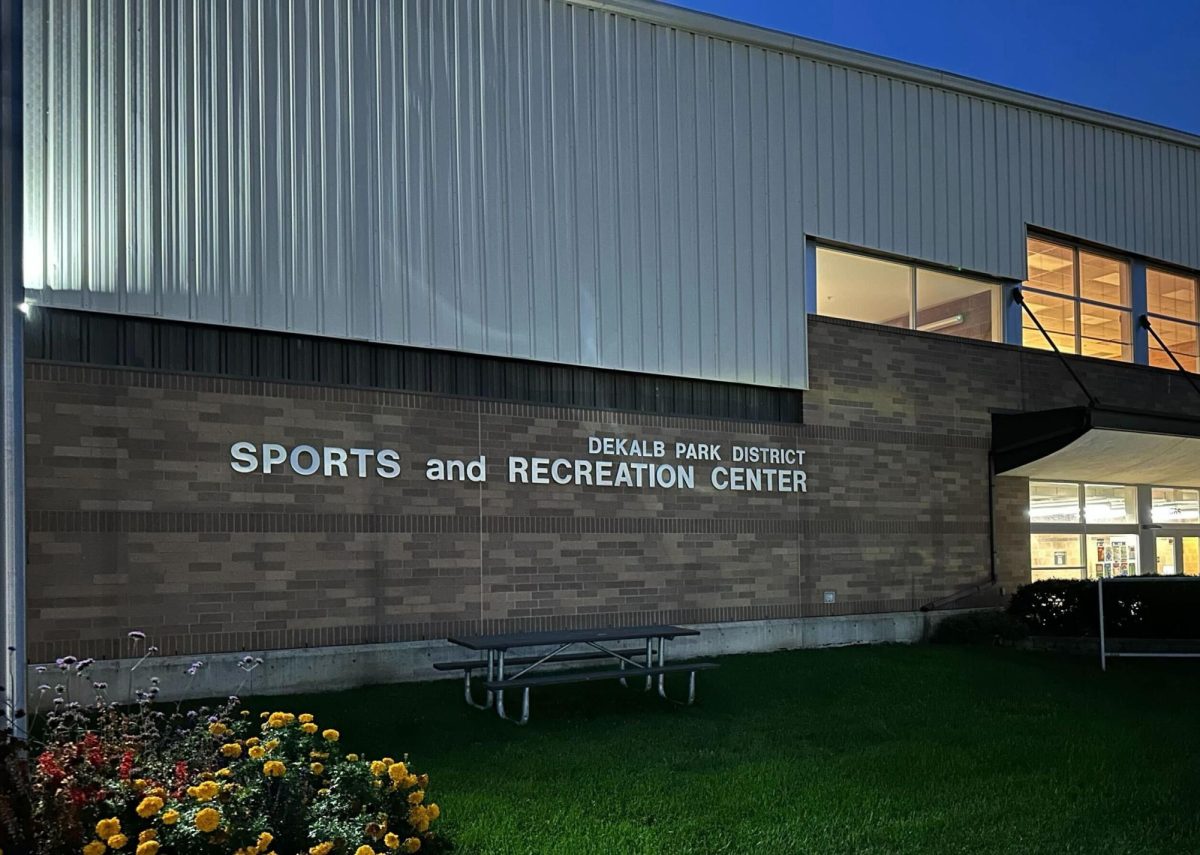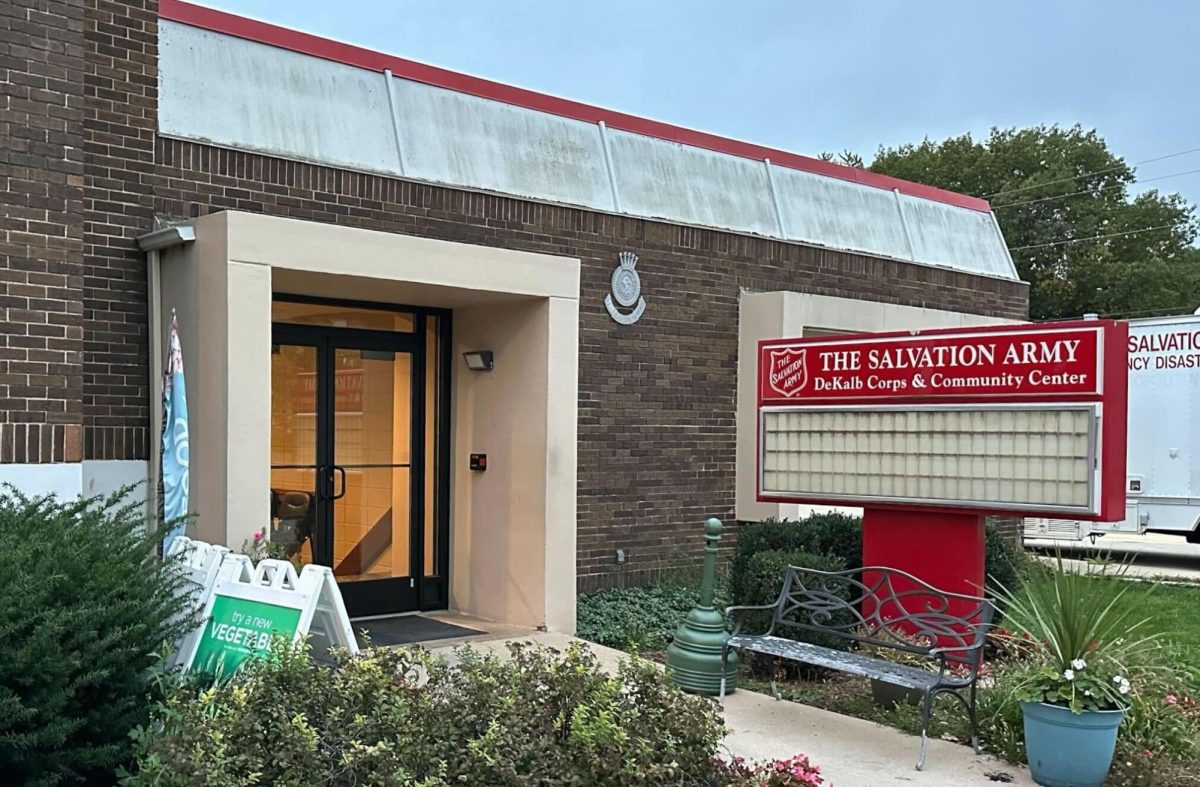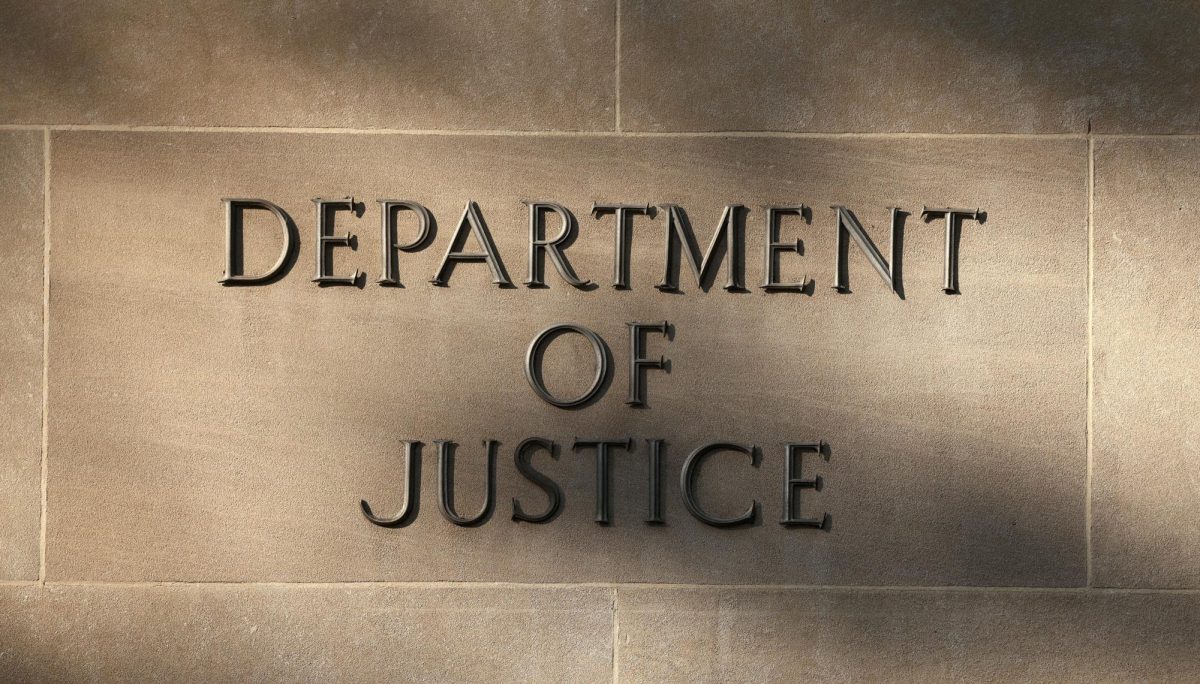DeKALB – Those looking to save a couple bucks on their next romantic evening can do so again, as “NIU’s best cheap date on campus” has reopened.
Since closing three years ago due to the COVID-19 pandemic, the Davis Hall Observatory has not had any visitors. This changed at its reopening “star party” on Aug. 2 hosted by the Physics Department’s Observatory Manager Jeremy Benson.
Benson, who previously worked with the NIU STEM Outreach and STEAM programs, will now be working alongside the observatory’s next student manager to help run the observatory.
The Observatory will be open for free to the public on a consistent schedule. It will open to public viewings from 8 p.m. to 10 p.m. every Wednesday.
“It’s a great opportunity for both students on campus and the general community to kind of help come be a part of NIU and interact with the campus,” Benson said.
Weather permitting, those who visit the observatory will get the opportunity to see many distant astronomical objects such as the moon, stars and planets. This fall, planets including Saturn, Jupiter and Mars will all be available to be seen.
David Hedin, a Board of Trustees Physics Professor who used to help manage the observatory, said the astronomical objects that can be seen will depend on when you visit the observatory.
“The planets are going around the sun just like the earth is going around the sun,” Hedin said. “But they go around the sun with different lengths of time, like it takes two years for Mars to go around the sun.”
Benson said images can be found online of these astronomical objects, but the real thing is coolest when seen at an observatory like the one in Davis Hall.
“You’re literally seeing the light that left the sun (and) bounced off the moon, or planet Saturn or whatever, and bounced all the way back to us and was grabbed by that telescope,” Benson said. “So, to me that’s pretty impressive and pretty inspiring.”
In addition to the weekly viewings on Wednesdays, other times to visit will be held for special astronomical events such as the upcoming partial solar eclipse in October and full total eclipse in April.
“Anytime there’s a noteworthy event like that, we try to make sure that the public is aware of it and have some type of event on campus,” Benson said.
For those who want to find out more about the observatory and its upcoming events, visit its Facebook page for updates.


